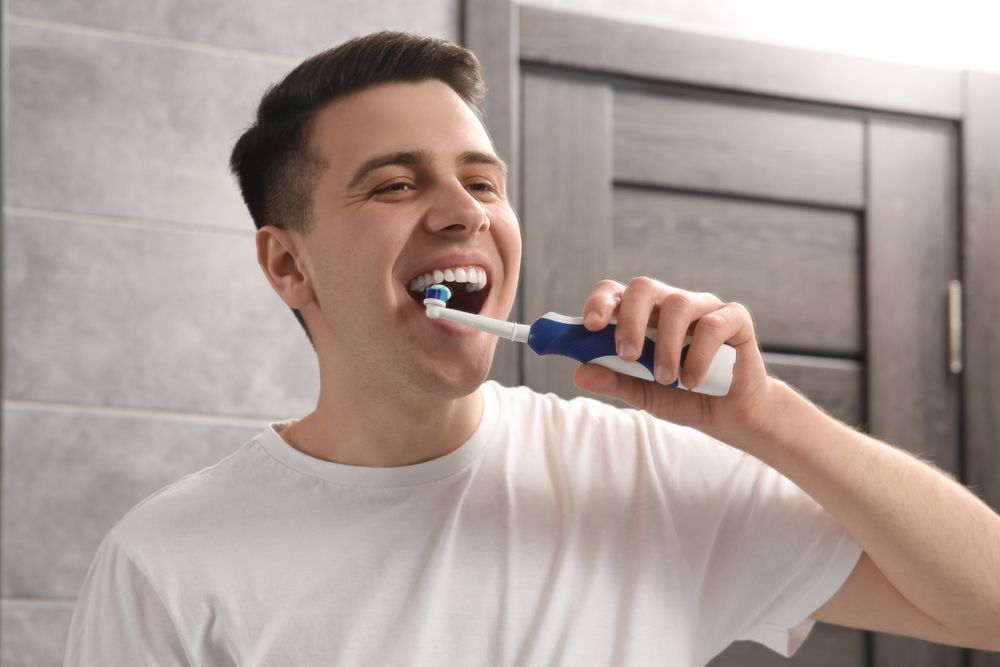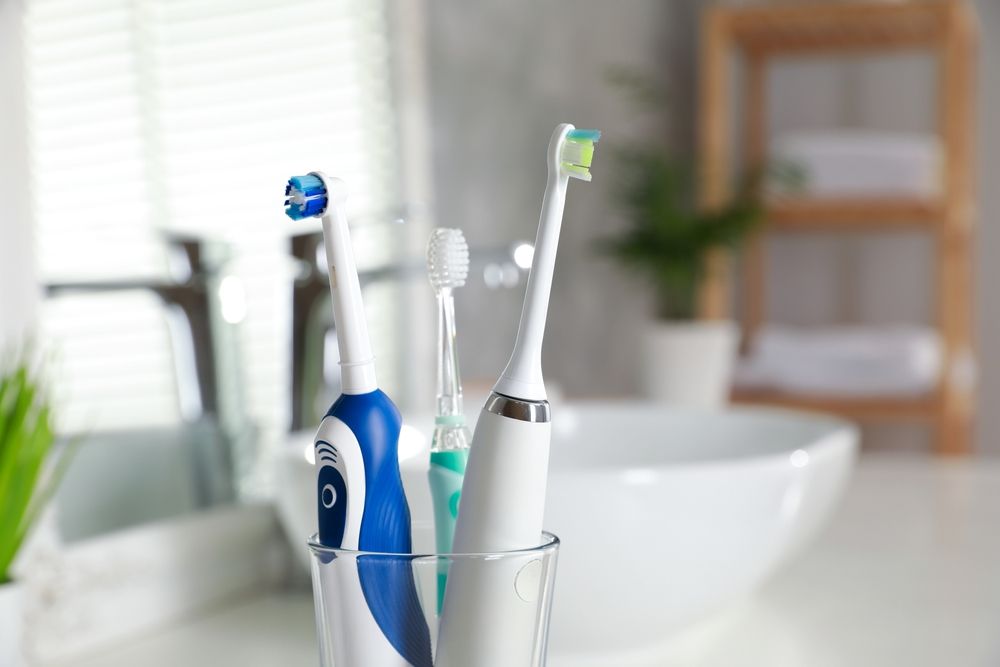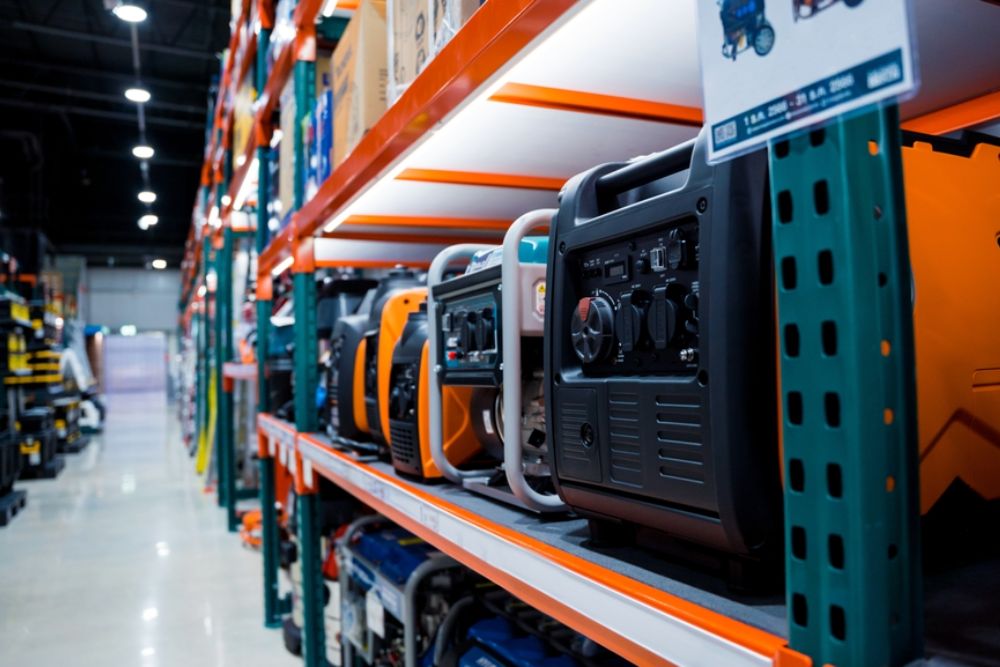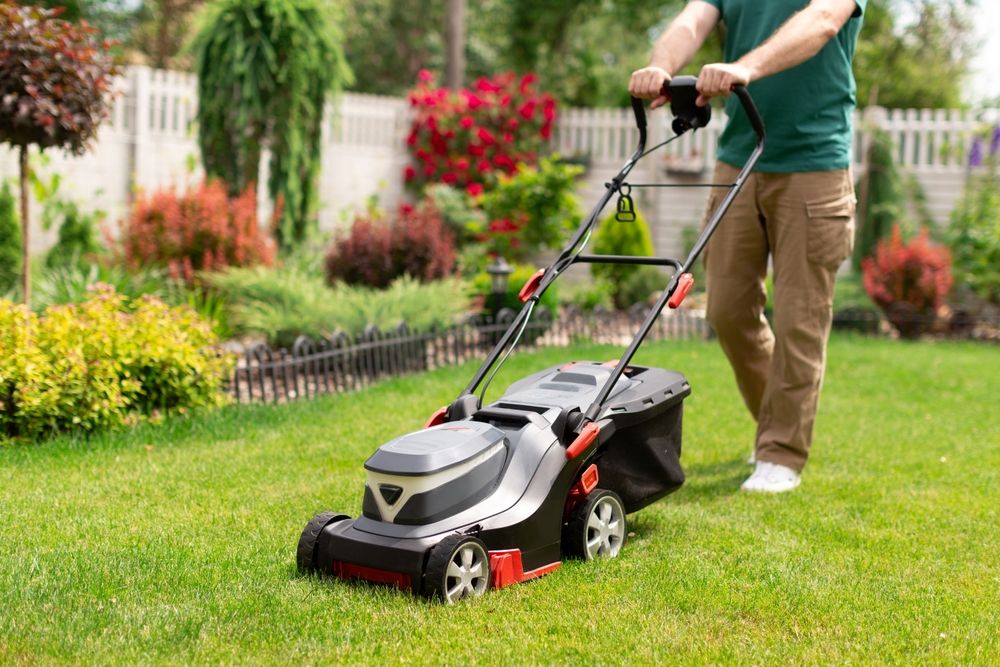Electric toothbrushes have become a popular choice for oral care, offering a high-tech alternative to traditional manual brushes. They’re widely marketed for their effectiveness in cleaning teeth and promoting better oral hygiene. However, like any product, electric toothbrushes come with their own set of advantages and disadvantages. Understanding these pros and cons can help you decide if an electric toothbrush is the right choice for your dental routine.
Pros of Electric Toothbrushes
1. Superior Cleaning Efficiency
Electric toothbrushes are generally more effective at removing plaque and cleaning your teeth compared to manual toothbrushes. The rotating or oscillating brush heads provide more strokes per minute, resulting in a deeper clean.
- Tip: Many studies show that electric toothbrushes can remove up to 21% more plaque than manual brushes and help reduce gingivitis by 11% over time.
- Impact: A better cleaning action can lead to improved gum health and a reduced risk of cavities, making electric toothbrushes an excellent option for anyone looking to enhance their oral hygiene routine.
2. Consistent Brushing Technique
Electric toothbrushes take the guesswork out of brushing technique. With features like built-in timers, pressure sensors, and automatic stop functions, they help ensure you're brushing for the recommended two minutes and not applying too much pressure.
- Tip: Many electric toothbrushes come with a built-in timer that pulses every 30 seconds to remind you to move to another quadrant of your mouth, promoting even cleaning.
- Impact: Improved technique helps maintain a consistent and thorough brushing routine, reducing the chances of missing spots and damaging your gums from brushing too hard.
3. Ideal for People with Limited Mobility
For individuals with arthritis, limited hand strength, or dexterity issues, an electric toothbrush can make brushing much easier. The brush does most of the work for you, requiring less effort to clean your teeth effectively.
- Tip: If you have physical limitations, look for an electric toothbrush with an ergonomic handle and gentle brushing settings.
- Impact: Electric toothbrushes provide convenience for those with mobility issues, ensuring they can maintain a good oral hygiene routine with minimal effort.
4. Fun and Motivating
For both children and adults, an electric toothbrush can make brushing a more enjoyable and engaging experience. Many models are designed with fun features like character handles or vibrating fun modes that can encourage more consistent brushing, especially for kids.
- Tip: Look for electric toothbrushes with fun colors or built-in games to keep kids excited about brushing.
- Impact: Motivating children to brush regularly and properly can contribute to a lifelong commitment to good oral health.
5. Built-in Pressure Sensors
Excessive brushing pressure can damage gums and lead to tooth sensitivity. Many electric toothbrushes come with pressure sensors that alert you if you're brushing too hard, helping prevent potential damage to your gums and enamel.
- Tip: Choose an electric toothbrush with a pressure sensor to monitor your brushing technique and avoid harming your gums.
- Impact: This feature helps protect your gum health and reduces the risk of enamel erosion, leading to healthier teeth and gums.

Cons of Electric Toothbrushes
1. Higher Initial Cost
Electric toothbrushes generally come with a higher upfront cost than manual brushes, ranging from $20 for basic models to over $200 for premium versions. Additionally, the cost of replacement brush heads can add up over time.
- Tip: Look for electric toothbrushes with long battery life and affordable replacement heads to keep costs down in the long run.
- Impact: While the initial investment may be higher, the long-term benefits of better oral health can offset the cost.
2. Requires Charging or Batteries
Unlike manual toothbrushes, electric toothbrushes require charging or regular battery replacements, which can be inconvenient if you forget to recharge the device. This could be a concern if you travel frequently or if the toothbrush’s battery dies unexpectedly.
- Tip: Choose a model with a long battery life or a travel charger to minimize inconvenience during trips.
- Impact: Regular charging or battery replacements may be a hassle, but it’s a small price to pay for the advanced features and efficiency they offer.
3. Can Be Bulky
Some people find electric toothbrushes bulkier and harder to handle than manual ones, especially when traveling. The size and weight of the handle, as well as the charging base, can take up extra space in your bathroom or luggage.
- Tip: Opt for compact, travel-friendly models if you need something easy to store or take on the go.
- Impact: The bulkiness of electric toothbrushes can be inconvenient, but this can be managed by selecting more portable models that are easier to store.
4. May Cause Sensitivity in Some Users
While electric toothbrushes can improve oral hygiene, some users may experience tooth sensitivity or gum irritation, especially if they have already sensitive teeth or if they use too much pressure. If not used properly, an electric brush might exacerbate existing sensitivity.
- Tip: If you experience discomfort, consider using a gentle brushing mode or choosing a model with a softer brush head.
- Impact: If you have sensitive teeth or gums, you may need to experiment with different brush modes or head types to find what works best for you.
5. Not Always Necessary
For people with good oral hygiene habits and no specific dental problems, manual brushing with proper technique can be just as effective as using an electric toothbrush. If you're not struggling with plaque buildup or gum issues, an electric toothbrush might not provide any significant advantages.
- Tip: If you're satisfied with your manual toothbrush and don’t struggle with dental problems, there’s no need to switch to an electric one.
- Impact: For some individuals, the additional features of an electric toothbrush may not be necessary, making it an unnecessary expense.
Electric toothbrushes can offer numerous benefits, including superior cleaning efficiency, convenience, and ease of use, making them an excellent choice for many people. However, they come with higher initial costs, the need for recharging or batteries, and may not be necessary for everyone. Ultimately, the decision to switch to an electric toothbrush depends on your personal oral hygiene needs, budget, and preference. If you're looking for a more effective and motivating way to care for your teeth, an electric toothbrush can be a great investment—but for some, traditional manual brushing may be just as effective.





